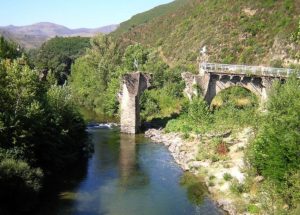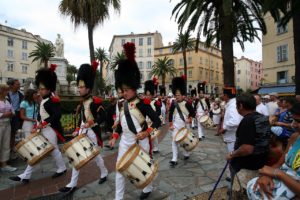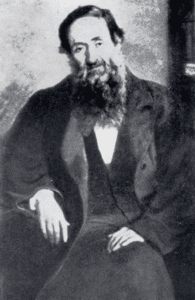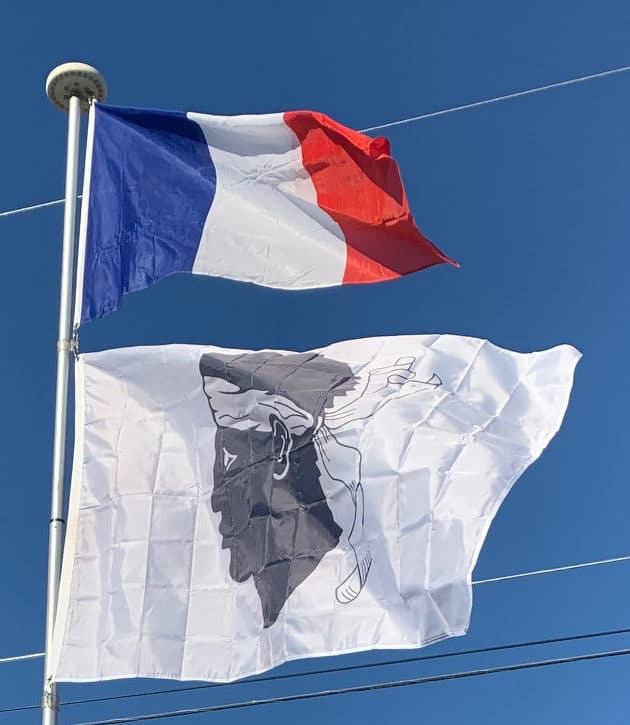
This marked the end of Corsican sovereignty. Despite triggering the Corsican Crisis in Britain, whose government gave secret aid, no foreign military support came for the Corsicans. However, nationalist feelings still ran high. Despite the conquest, Corsica was not incorporated into the French state until 1789.
Following the outbreak of the French Revolution in 1789, Pasquale Paoli was able to return to Corsica from exile in Britain. In 1794, he invited British forces under Lord Hood to intervene to free Corsica from French rule. Anglo-Corsican forces drove the French from the island and established an Anglo-Corsican Kingdom. Following Spain’s entry into the war, the British decided to withdraw from Corsica in 1796. Corsica returned to French rule.
19th Century:
Despite being the birthplace of the Emperor, who had supported Paoli in his youth, the island was neglected by Napoleon’s government. In 1814, near the end of the Napoleonic Wars, Corsica was briefly occupied again by British troops. The Treaty of Bastia gave the British crown sovereignty over the island, but it was later repudiated by Lord Castlereagh who insisted that the island should be returned to a restored French monarchy.

After the restoration, the island was further neglected by the French state. Despite the presence of a middle class in Bastia and Ajaccio, Corsica remained an otherwise primitive place, whose economy consisted mainly of a subsistence agriculture, and whose population constituted a pastoral society, dominated by clans and the rules of vendetta. The code of vendetta required Corsicans to seek deadly revenge for offences against their family’s honor. Between 1821 and 1852, no fewer than 4,300 murders were perpetrated in Corsica. In this period a myth proved of interest as an historical fact by virtue of its being introduced by Herodotus and furthered by writers like Mérimée and Gregorovius, of Corsica as having been populated by Arcadians (Oenotrians and citizens of Phocaea), fierce and loyal people. During the first half of the century, the people of Corsica belonged still to the Italian cultural world: the bourgeoisie sent children to Pisa to study, official acts were enacted in Italian and most books were printed in Italian. Moreover, many islanders sympathized with the national struggle which was taking place in nearby Italy in those years: several political refugees from the peninsula, like Niccolò Tommaseo, spent years in the island, while some Corsicans, like Count Leonetto Cipriani, took active part in the fights for Italian independence.

Despite all that, during those years the Corsicans began to feel a stronger and stronger attraction to France. The reasons for that are manifold: the knowledge of the French language, which thanks to the mandatory primary school started to penetrate among the local youth, the high prestige of French culture, the awareness of being part of a big, powerful state, the possibility of well-paid jobs as civil servants, both in the island, in the mainland and in the colonies, the prospect of serving the French army during the wars for the conquest of the colonial empire, the introduction of steamboats, which reduced the travel time between mainland France from the island drastically, and — last but not least — Napoleon himself, whose existence alone constituted an indissoluble link between France and Corsica. Thanks to all these factors by around 1870 Corsica had landed in the French cultural world.
